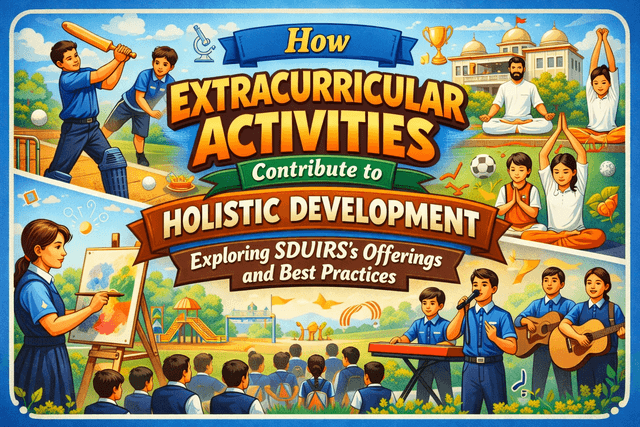Best Instruments for Kids

Where are you looking for schools?
Please select your preferred type and location.

Bangalore

Delhi

Pune

Gurgaon

Kolkata
Hyderabad

Ghaziabad

Lucknow

Faridabad

Noida

Greater Noida

Greater Noida West
Other Cities
Agra
Ahmednagar
Amritsar
Aurangabad
Bareilly
Bathinda
Belgaum
Bhopal
Chennai
Dharwad
Firozabad
Hisar
Hooghly
Howrah
Indore
Jabalpur
Jaipur
Jhajjar
Jodhpur
Kanpur
Kochi
Ludhiana
Meerut
Mohali
Moradabad
Mumbai
Nagpur
Navi Mumbai
Pali
Palwal
Patiala
Rohtak
Secunderabad
Sonipat
Thane
Tumakuru
View All Boarding Schools in India
All India
Haryana
Himachal Pradesh
Karnataka
Kerala
Maharashtra
Punjab
Rajasthan
Uttrakhand
Other States
Andhra Pradesh
Arunachal Pradesh
Assam
Bihar
Chandigarh
Chhattisgarh
Delhi
Goa
Gujarat
Jammu and Kashmir
Jharkhand
Madhya Pradesh
Manipur
Meghalaya
Mizoram
Nagaland
Odisha
Sikkim
Tamil Nadu
Telangana
Uttar Pradesh
West Bengal
Explore Online/Virtual Schools in India
1. Best Instruments for Kids


1.
No comments yet.

How Extracurricular Activities Contribute to Holistic Development: Exploring SDUIRS’s Offerings and Best Practices

Healthy Food & Holistic Environment at The TonsBridge School

Why Choose Holistic Care at Salwan Montessori School?

We Find the Right School for Your Child, While You Focus on Parenting

Balancing Love & Discipline to Shape Stronger Kids at AMPS

Secret to Raising Model Citizens: Parent-on-Campus Model at SMMI Gurgaon

The Transformational Pedagogy: Learning That Inspires Change at JMIS

Collaborative Parental Engagement: Strengthening the Home-School Connection at MRIS Sector 51

Empowering Learners Through MLS | The Millennium School's Holistic Educational Approach

Empowering Skill-Based Learning via WWH's ONUS Program

Cultivating a Passion for Learning | The KIIT World School Approach

Building Confidence Through Theatre | TAC Bangalore’s Approach

Why Right Brain Development Matters at Shri Ram Global School

Why Personality Development is as Important as Academics at JMIS

The Health and Wellness Benefits of Sports at TMS

A Legacy of Excellence: Inside MRIS Charmwood's Unique Approach to Education

The All-Round Education Model: MRIS Sector 21C's Path to Excellence

The Complete Education Experience: What Sets MRIS Sector 51 Gurgaon Apart

Holistic Learning Through Talent Development at The Millennium School

Excellence in Sports: G.D. Goenka Rohtak's Coaching Approach